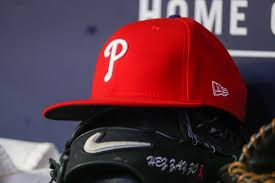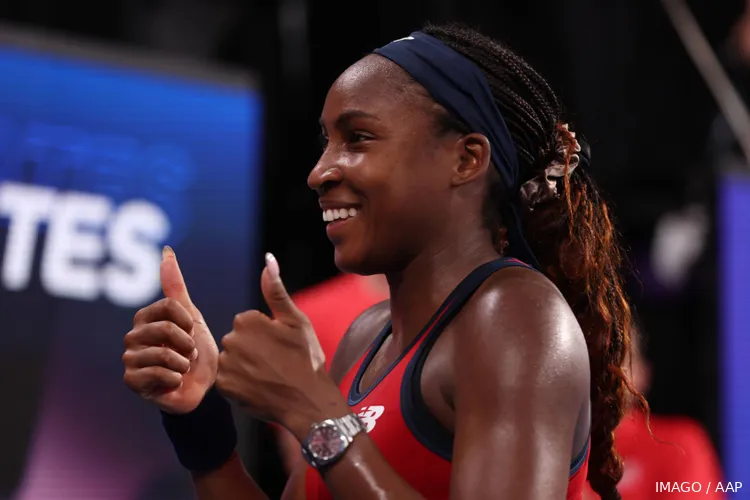
Dicker and the Chargers took advantage of a seldom-used play called the fair-catch kick, which allows a team that has just made a fair catch to try a free kick for three points. The kick is attempted from the line of scrimmage, and the defenders all must stand 10 yards away.
The rule is obscure because teams rarely find themselves in circumstances to make such a kick feasible. Only five NFL teams had previously tried the kick in the 21st century, and nobody had successfully executed it since Ray Wersching did it for the San Diego Chargers 48 years ago.
Dicker’s 57-yarder also was the longest fair-catch kick in NFL history, besting Paul Hornung’s 52-yarder for Green Bay in 1964.
The Chargers seized the opportunity created when Denver’s Tremon Smith committed fair-catch interference on what would have been the final play of the first half when Los Angeles’ Derius Davis attempted to field a punt at the Chargers 38.
The penalty moved the ball to the Denver 47 for an untimed down, and the Chargers’ Jim Harbaugh took a timeout before electing to try a fair-catch kick for the second time in his NFL coaching career.
The most recent fair-catch kick in the NFL was attempted in 2019, when Carolina’s Joey Slye missed from 60 yards in a game played in London. Harbaugh also tried it with the San Francisco 49ers in 2013, but Phil Dawson missed from 71 yards right before halftime.
The play is extremely rare because most fair catches occur well outside of normal field goal range. The Broncos’ punt would have stranded the Chargers beyond Dicker’s considerable range, but Smith’s penalty created a rare opportunity — and Dicker didn’t miss.
Wersching, who kicked for the Chargers and 49ers during 15 NFL seasons, made a 45-yard fair-catch kick at the halftime gun for San Diego on Nov. 21, 1976.


